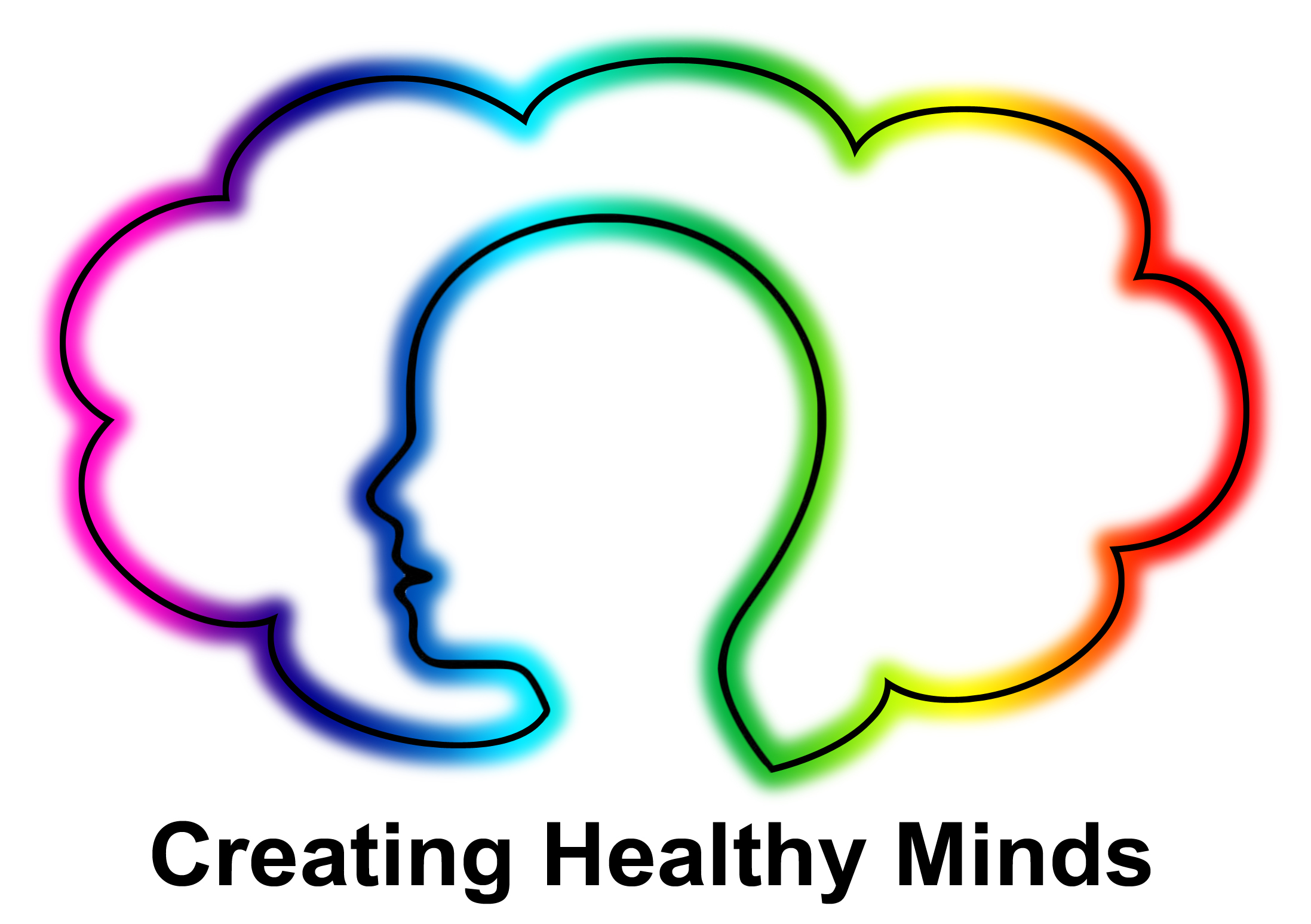Earlier this week, I completed a 5 day training course, updating my skills in Cognitive Behaviour Therapy (CBT). I was happy to learn that this was a timely refresher: a new study by Mayo-Wilson et al, published in The Lancet has found that for people suffering from social anxiety disorder (social phobia), talking therapies are more effective and long lasting than taking medication. CBT was found to be most effective, but other therapeutic approaches including psychodynamic (the basis of my original art therapy training) and interpersonal psychotherapies and mindfulness were also recommended as being better treatments than taking pills.
Social phobia—a persistent fear about social situations and being around people—is one of the most common anxiety disorders. It causes disruption to every day social, school and work activities; relationships can also come under great strain. Social phobia is much more than being shy: it can cause overwhelming feelings of fear, dread, panic and humiliation. If left untreated, it can lead to people avoiding contact with others altogether, or misusing drugs or alcohol in order to cope. It’s more common in women than men and often starts in adolescence, and sometimes childhood.
The study recommends that therapy is the first treatment of choice, and medication offered only when people don’t want to try therapy. Art therapy was not one of the psychological interventions compared in this study. It would have been interesting if it had: as a therapy that doesn’t rely on talking, but has other ways of relating and building up self-esteem and social skills, I would think it may have compared pretty favourably.

Art Therapy could help more than medication
I’m privileged in being able to support children, young people and adults with a range of needs in Letchworth, North Hertfordshire. One in four people experience some kind of mental health problem in the course of a year (Mental Health Foundation 2014). If someone you know could do with some help, let them know that it’s available.

Leave a Comment